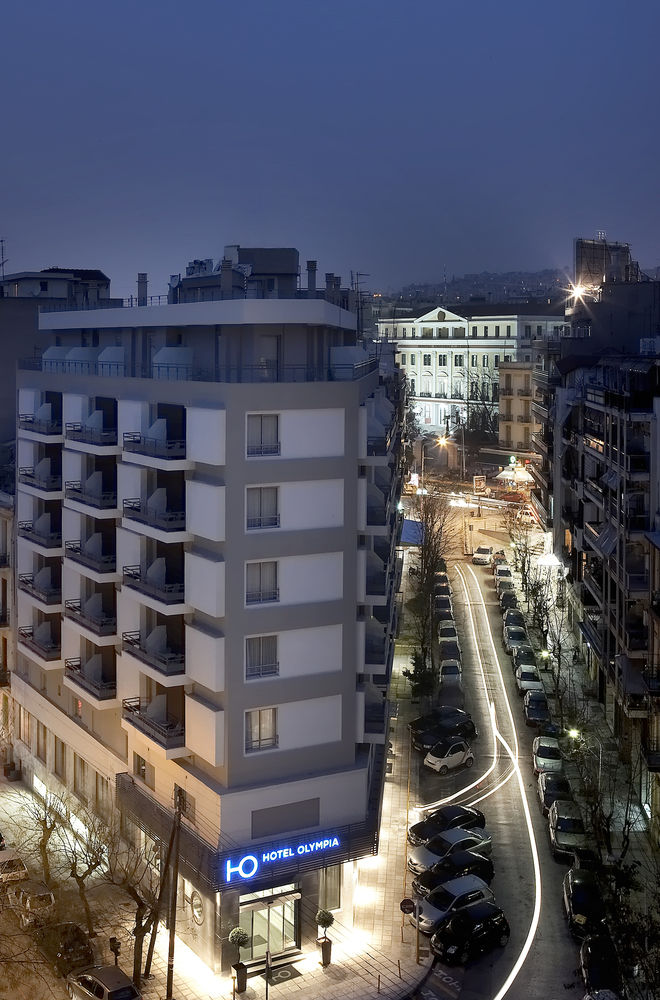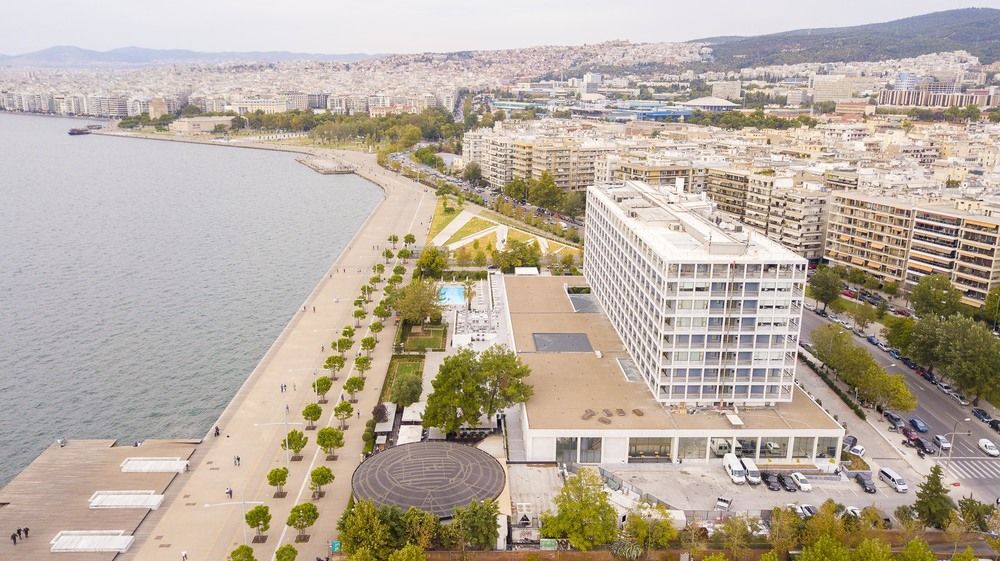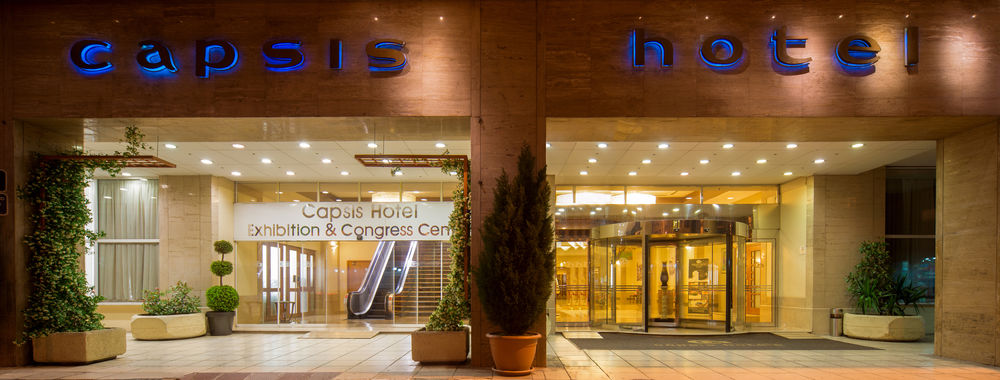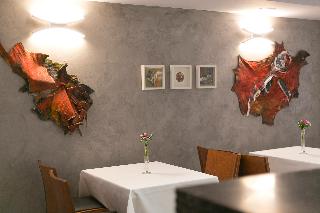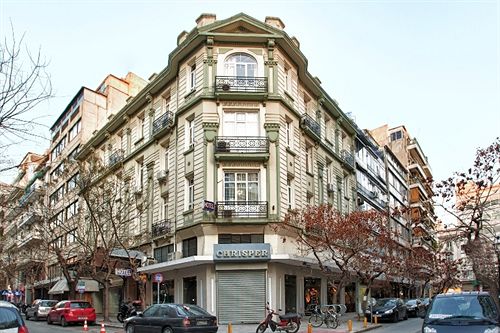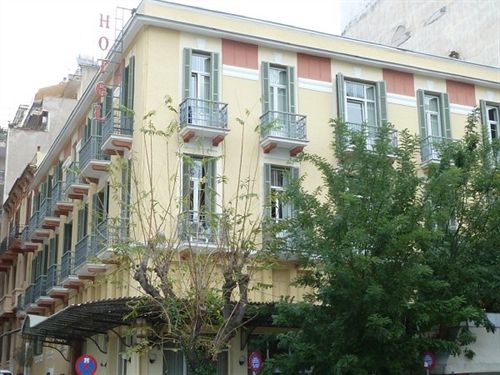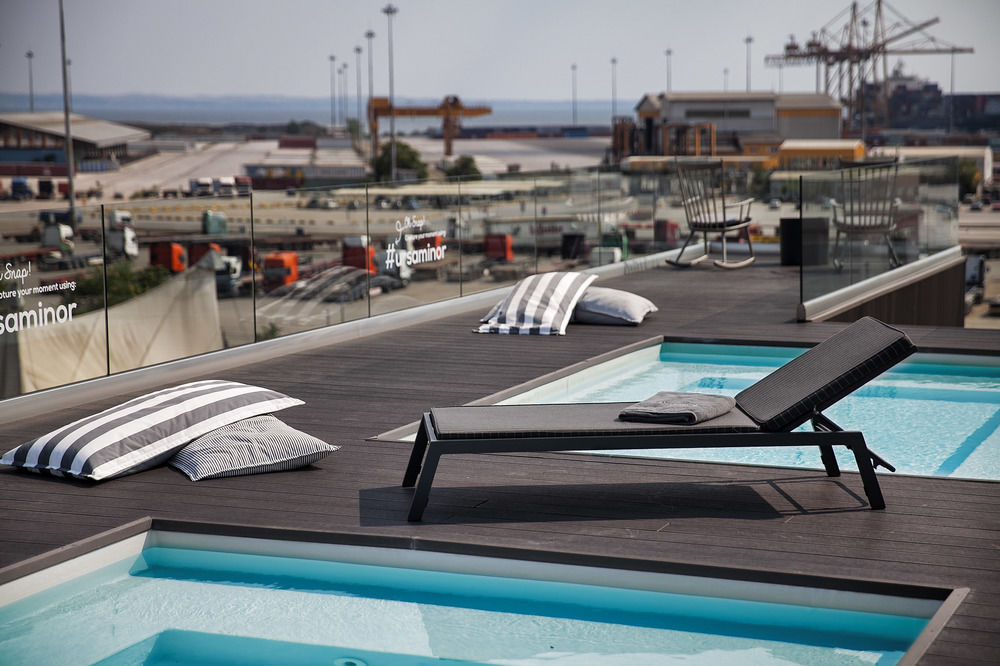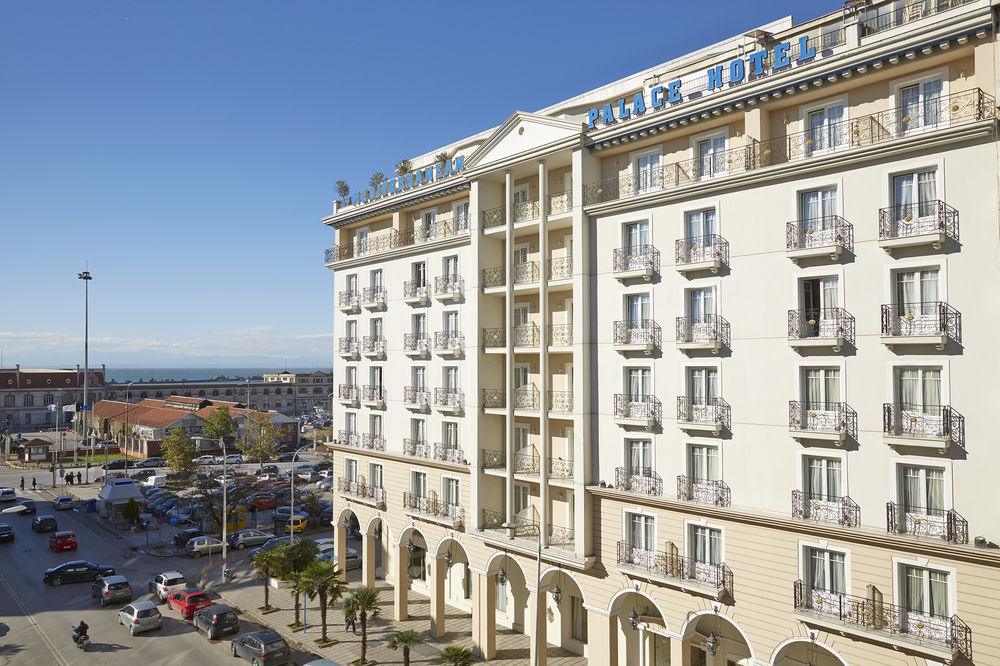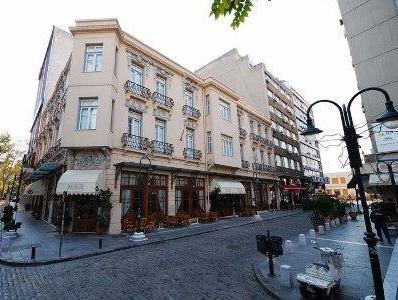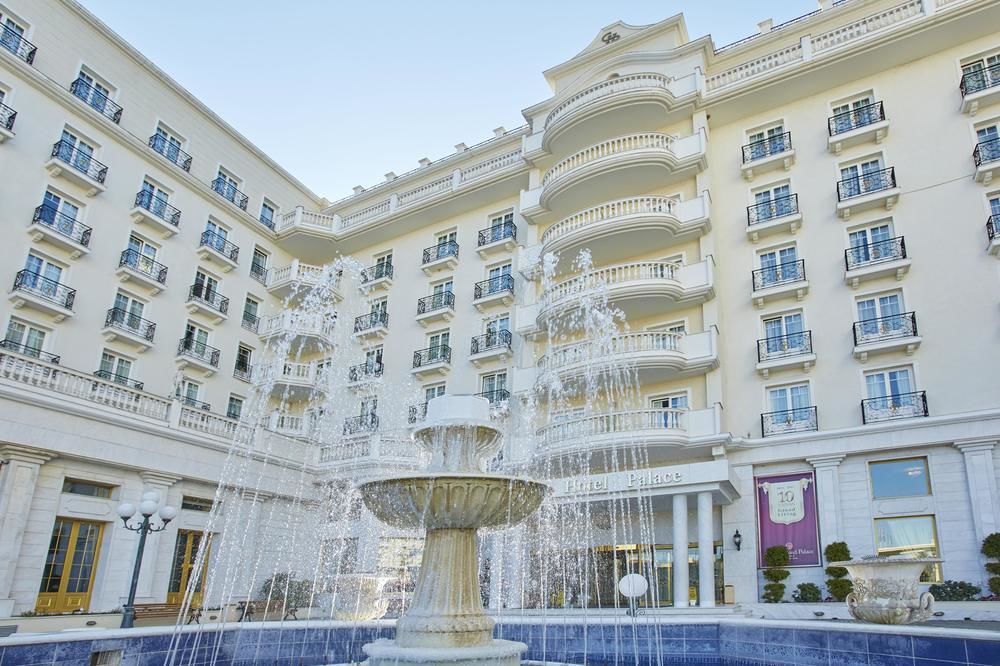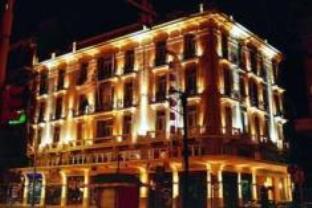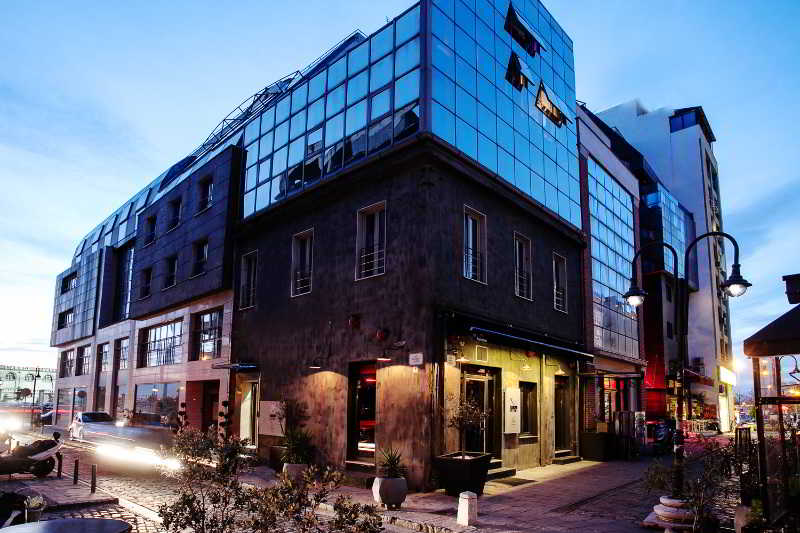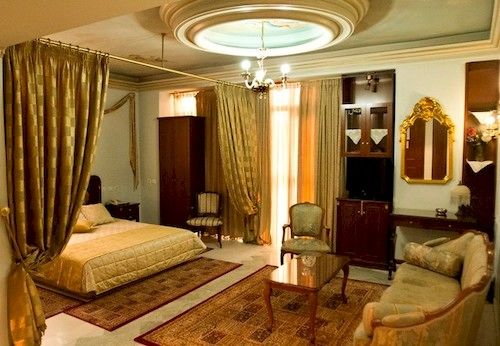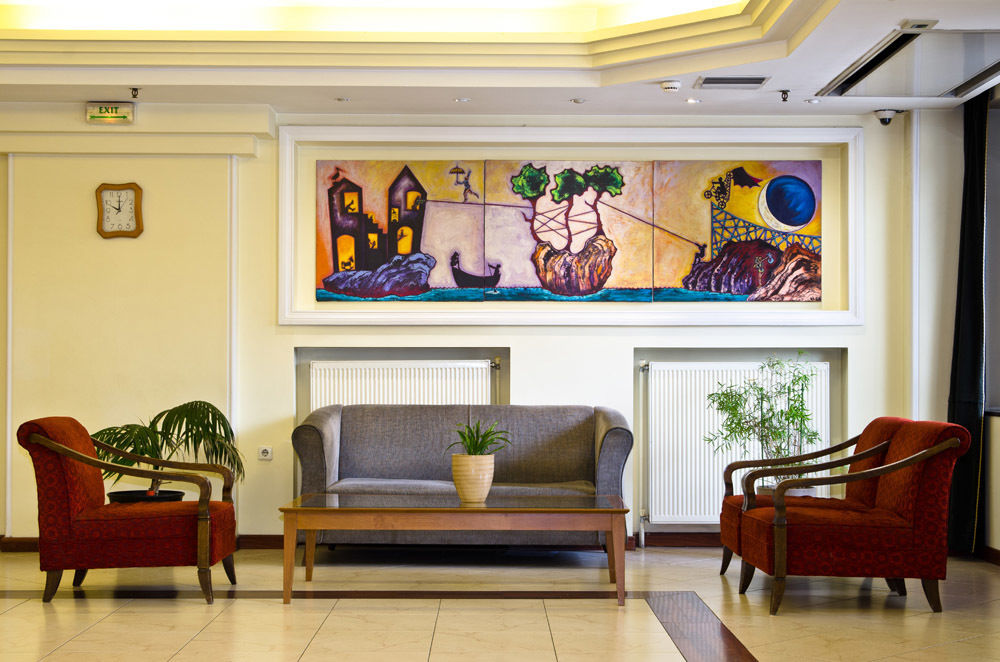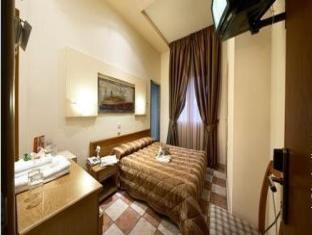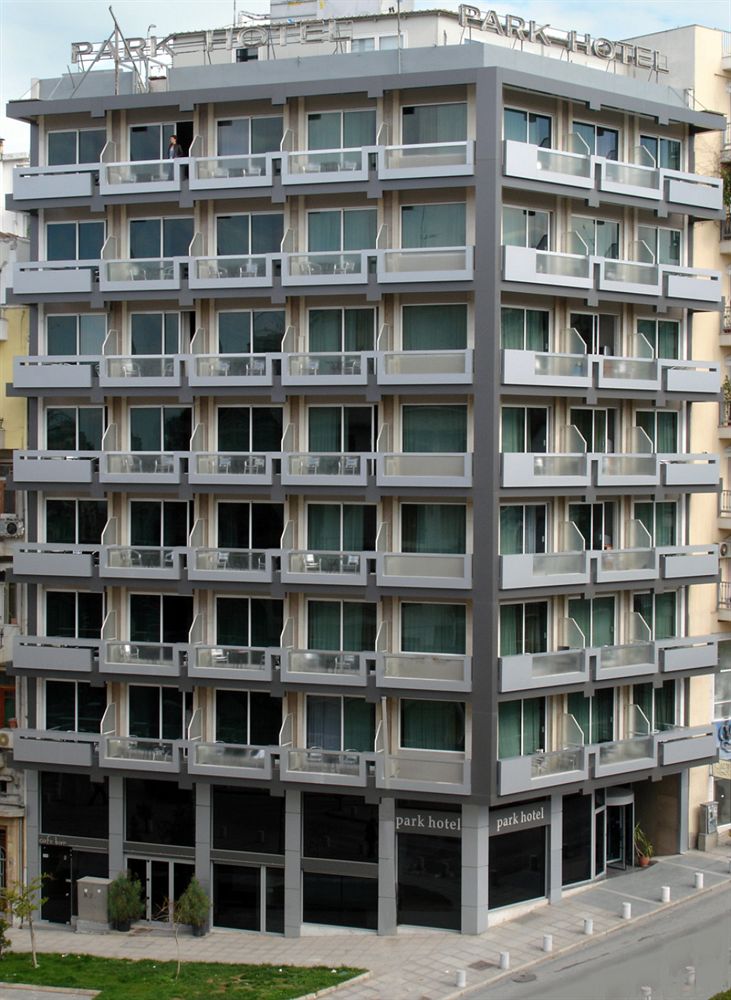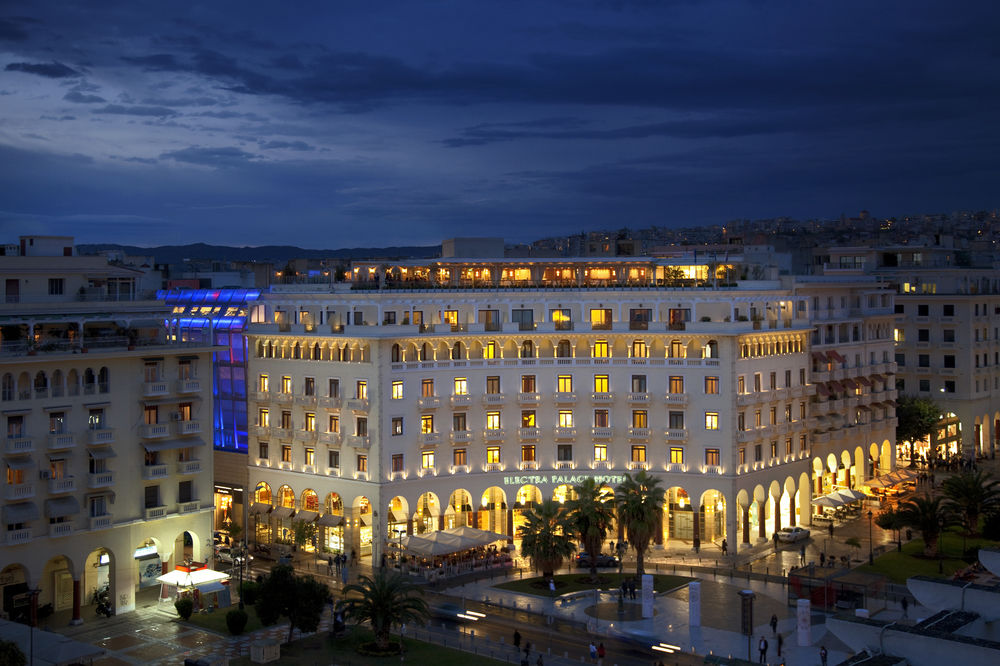
Find hotels in Thessaloniki
Lowest prices detected by AI for hotels
Best
Cheapest
Star Ratings
AI Recommended
Best Hotels In Thessaloniki
Cheapest Hotel Deals in Thessaloniki
Top Rated Hotels
5 Star Hotels in Thessaloniki
4 Star Hotels in Thessaloniki
3 Star Hotels in Thessaloniki
AI-recommended Destinations
Where to stay in Thessaloniki
More About Thessaloniki
Thessaloniki (Greek: Θεσσαλονίκη, Thessaloníki [θesaloˈnici] ( listen)), also familiarly known as Thessalonica, Salonica, or Salonika is the second-largest city in Greece, with over 1 million inhabitants in its metropolitan area, and the capital of Greek Macedonia, the administrative region of Central Macedonia and the Decentralized Administration of Macedonia and Thrace. Its nickname is η Συμπρωτεύουσα (Symprotévousa), literally "the co-capital", a reference to its historical status as the Συμβασιλεύουσα (Symvasilévousa) or "co-reigning" city of the Eastern Roman (Byzantine) Empire, alongside Constantinople.Thessaloniki is located on the Thermaic Gulf, at the northwest corner of the Aegean Sea. It is bounded on the west by the delta of the Axios/Vardar. The municipality of Thessaloniki, the historical center, had a population of 325,182 in 2011, while the Thessaloniki Urban Area had a population of 788,952 and the Thessaloniki Metropolitan Area had 1,012,297 inhabitants in 2011. It is Greece's second major economic, industrial, commercial and political centre; it is a major transportation hub for Greece and southeastern Europe, notably through the Port of Thessaloniki. The city is renowned for its festivals, events and vibrant cultural life in general, and is considered to be Greece's cultural capital. Events such as the Thessaloniki International Fair and the Thessaloniki International Film Festival are held annually, while the city also hosts the largest bi-annual meeting of the Greek diaspora. Thessaloniki was the 2014 European Youth Capital.The city of Thessaloniki was founded in 315 BC by Cassander of Macedon. An important metropolis by the Roman period, Thessaloniki was the second largest and wealthiest city of the Byzantine Empire. It was conquered by the Ottomans in 1430, and passed from the Ottoman Empire to Greece on 8 November 1912. It is home to numerous notable Byzantine monuments, including the Paleochristian and Byzantine monuments of Thessaloniki, a
 Time UTC+03
Time UTC+03 Currency EUR
Currency EUR Languages Greek, English, French
Languages Greek, English, FrenchWhat’s Special about Staypia?
Compare hotel prices in real-time
AI finds you the lowest price for hotels in Thessaloniki.
Lowest price for 3.16M hotels worldwide
Book with up to 31% extra discounts only for Staypia members.
Travel bucket list for Thessaloniki
Plan your trip with over 17K 'must see' recommendations for Thessaloniki
Frequently Asked Questions
The best hotels in Thessaloniki are Electra Palace Thessaloniki, Hotel Olympia Thessaloniki, Makedonia Palace.
The best 5 star hotels in Thessaloniki are Electra Palace Thessaloniki, Makedonia Palace, Porto Palace Hotel Thessaloniki. Search for the most highly rated hotels in Thessaloniki
The most highly rated hotels in Thessaloniki are Electra Palace Thessaloniki, Hotel Olympia Thessaloniki, Makedonia Palace.
Generally, room reservations are subject to a free refund until the cancellation deadline. Fees may apply after the cancellation deadline, so please check the cancellation deadline on your hotel voucher or in Menu > My Reservation.
If you’re a frequent traveler, Staypia is the best place to get the best hotel deals. You can book hotels with the lowest price of 3.16 million hotels collected by AI, and receive additional discounts for members only.
